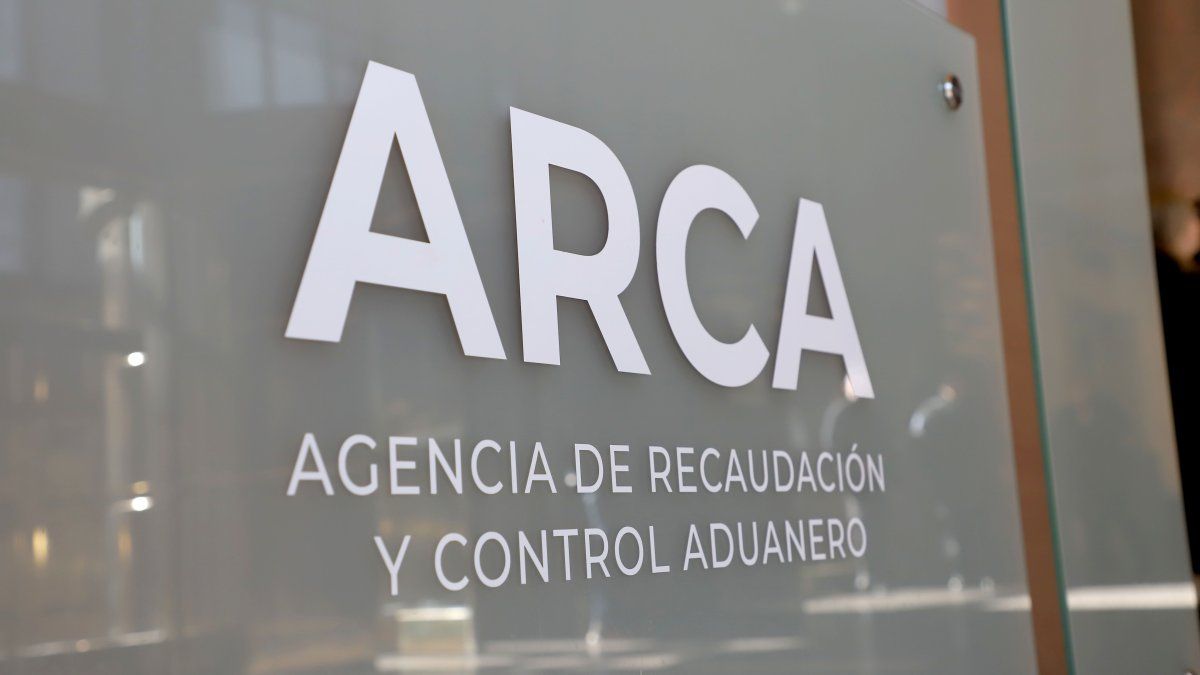In addition to having your own nuclear bomb, membership in NATO is the ultimate guarantee of security – especially for Ukraine. An explosive move is now coming from a prominent SPD foreign politician.
A few days before the NATO summit, a new dispute broke out in Germany over Ukraine’s hoped-for entry into the alliance. The chairman of the Foreign Affairs Committee of the Bundestag, Michael Roth (SPD), was violently attacked on Thursday for statements about a possible partial admission of the country from his own party. Other SPD politicians described the move as “pretty nonsense” and warned against “competition for the most radical demands”. NATO headquarters did not initially respond.
In an interview with the weekly newspaper “Die Zeit”, Roth advocated giving Ukraine concrete prospects of accession despite the ongoing Russian war of aggression. He said: “Those parts of Ukraine that are under the reliable control of the democratic Kiev government should belong to NATO territory as soon as possible.”
In concrete terms, this would mean giving Ukraine what is probably the strongest security guarantee that there can be, apart from having its own nuclear bomb. Article 5 would then apply to the Ukrainian territories within NATO, which means that all Allies would have to help the country if, for example, Russia were to attack the capital Kiev again.
Roth emphasized on Thursday that his initiative refers to the theoretical case that after a ceasefire between Ukraine and Russia there could be a “frozen conflict” over areas still occupied by Russia. “Here I could well imagine that Ukraine would join, but that this would not result in any NATO assistance obligations for areas occupied by Russia,” he explained.
Opponents warn of dangers of escalation
Other Social Democrats had sharply criticized Roth’s statements. “We don’t need members of parliament to go it alone, but a common policy with our allies,” said SPD foreign expert Ralf Stegner to “Spiegel”. “The competition for the most radical demands will rather increase the risk of escalation than bring about a viable peace solution.” The SPD defense expert Joe Weingarten even called Roth’s proposal “pretty nonsense”.
The MPs thus backed Chancellor Olaf Scholz. He had recently made it clear several times that he did not want to discuss concrete accession prospects for Ukraine at this point in time. At the beginning of June he said there were “very clear criteria for membership”. According to him, this also means that a country has no border conflicts.
Controversy also within NATO
NATO itself initially gave no reaction to Roth’s statements on Thursday. Within the defense alliance, as in the SPD, there is a dispute as to how Ukraine’s desire to join should be dealt with. The Baltic states and Poland in particular support the demands of Ukrainian President Volodymyr Zelenskyy for a specific invitation to join. However, countries like Germany and the USA have so far not wanted to express them. The reason given is concerns about an unpredictable reaction by Russia, which is trying to prevent the country from joining NATO with its war against Ukraine.
As a compromise, a promise to Ukraine at the summit next week that it will not have to complete the usual pre-accession program before being admitted is currently being discussed. The Membership Action Plan (Map) is considered to be rather onerous for aspiring members.
debate at eye level
In addition, the member states had already agreed a few weeks ago on a new format for cooperation with Ukraine. It envisages upgrading the existing NATO-Ukraine Commission to a NATO-Ukraine Council. This should make it possible to discuss key security issues on an equal footing with the country attacked by Russia and to make joint decisions. The commission was set up to discuss reforms needed to join the western military alliance. The new council is now to meet for the first time next Wednesday at the summit at the level of the heads of state and government. Selenskyj would then be sitting there on an equal footing with Biden, Scholz & Co.
It is doubtful whether Zelenskyj is satisfied with the current status of the discussion. He had recently repeatedly called for a “clear invitation” for his country’s NATO membership at the alliance summit in July in Lithuania. “We need peace. That’s why every European country that borders Russia and doesn’t want Russia to tear it apart should be a full member of the EU and NATO,” said the 45-year-old, for example, at a European summit in early June in Moldova. The only alternatives are open war or a cruel Russian occupation.
Source: Stern
I have been working in the news industry for over 6 years, first as a reporter and now as an editor. I have covered politics extensively, and my work has appeared in major newspapers and online news outlets around the world. In addition to my writing, I also contribute regularly to 24 Hours World.




